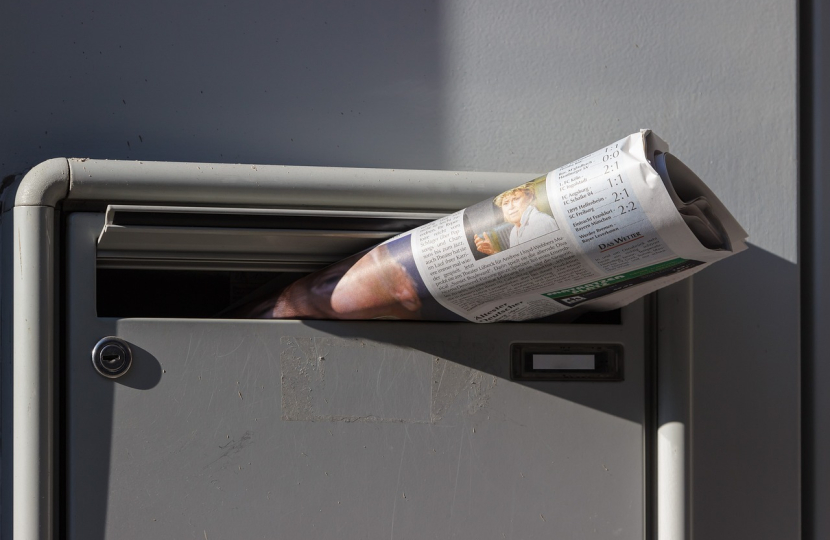
A strange summer for me: in anticipation of an autumn election I’d expected to be canvassing all through the hot months, but Rishi had other ideas and it was all over by 4 July. So that month was spent warily eying up hundreds of new colleagues in Parliament and mourning the ones they had replaced, and August was a welcome break from politics - except the Tory leadership race, of which more below.
Government didn’t stop, of course. I’m genuinely sorry to report that our fears of Labour (which probably appeared so exaggerated in the election campaign) have been tragically borne out in the first months in office. The decision to withdraw benefits from pensioners in order to fund pay rises for train drivers on £60k a year - as a reward to Labour’s trade union backers - without any agreement on reform and productivity in return, is a shameful foretaste of what is to come. Taxation on pensions, property, education - good and necessary things which people should be incentivized to secure for themselves - are to follow.
Meanwhile Labour will not make the most essential spending commitment of all - to meet or exceed the target for defence spending of 2.5% of GDP within a specified timeframe. The result is a real threat to existing defence programmes, let alone the expansion of defence that is needed for the perilous times we are in.
Parliament returns this week and my Conservative colleagues and I have a clear and imperative mission: to hold the government accountable for their promises but also to challenge them on the harm they are doing to the country.
The Tory leadership race starts in earnest too this week. I am ‘campaign manager’ for Robert Jenrick, who I believe has the combination of qualities - the right policy positions and the right character - to lead us in opposition and back into government. But whoever the Party ends up choosing (and we have six more weeks before a winner is announced) we MPs will need to get behind them and work very hard together.
On Friday my family and I spent a delightful hour in the West Woods near Lockeridge, southwest of Marlborough, where, of course, the builders of Stonehenge found the great sarsens for their famous monument. Our guide was Mary Spender, doyenne of the Marlborough History Society and (by dint of living next to them) unofficial warden of the woods. She explained how the neolithic people dug out these great rocks - 50 or so of them, each 20 or 30 tons in weight, the size of houses - and dragged and rolled them 15 miles south, downhill to Pewsey and then flat along the banks of the Avon to their site by the A303. Hundreds - thousands? - of people would have been needed to heave and strain the things along. At each night’s stop, she suggests, a feast was held: roast aurochs to refresh tired muscles.
We heard this month that the altar stone at Stonehenge (so called - why? We know nothing of the rites they practised) - the big stone half-buried beneath two fallen megaliths in the centre of the monument - did not come from the West Woods, or (like the smaller bluestones of the inner circle) from Wales, but all the way from the far north of Scotland. Why? How? By what arrangement with the locals, and the locals on the route? Anyway, of course Salisbury Plain in 3000 BC was also a cosmopolitan European entrepot - the Amesbury Archer hailed from the Alps - but I’m glad to learn that the construction is a fully Great British effort, with stones from all three nations of this island, converging on the centrespot: Wiltshire.




